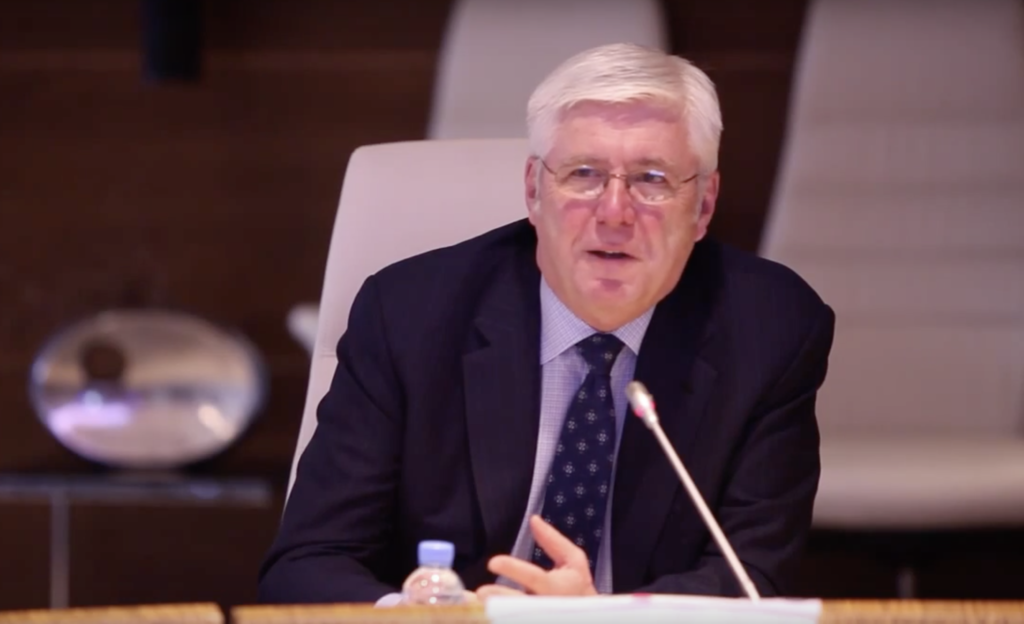“Philanthropy’s expanding footprint has spurred ongoing debates about how the nonprofit world is managed and regulated—a discussion I hope to contribute to in this column,” Kennedy writes.
Craig Kennedy, a senior fellow of The Giving Review, has been named a columnist for The Chronicle of Philanthropy. A former president of both The Joyce Foundation and The German Marshall Fund of the United States, Kennedy first wrote for The Chronicle in the 1990s.
“Now, after many years of raising money, advising small and large institutions, and serving on the boards of multiple domestic and international nonprofits, I am ready to take a second stab at analyzing this complex sector and the ways in which it has evolved,” Kennedy writes in a Chronicle article yesterday.
“Philanthropy’s expanding footprint has spurred ongoing debates about how the nonprofit world is managed and regulated—a discussion I hope to contribute to in this column,” according to his article.
Kennedy has written regularly for The Giving Review, including contributing to its “Conservatism and the Future of Tax-Incentivized Big Philanthropy” online symposium earlier this year. In his symposium contribution, “Respecting the rule of law, and considering charitable reform,” he writes,
One hopes that liberals and conservatives can see the value of a charitable sector in which resources are used appropriately, and tax benefits are accrued for actually supporting legitimate charitable work in our communities. The sector strayed once before, and the result was a greatly expanded set of regulations and prohibitions. If we want to avoid a repeat of the 1960s, it would be wise for all of us, left and right, to exercise some self-control. Unfortunately, self-discipline is not fashionable today—so, alternatively, we should brace ourselves for a round of hearings and reports that reveal how a relatively few organizations have corrupted the current system.
In his Chronicle article yesterday, Kennedy similarly observes that “too much charitable money is being used for election-adjacent projects that go far beyond voter registration and education. Just because both political camps have figured out how to use tax-deductible money for narrow partisan interests doesn’t make the situation fair or right.”
He concludes: “Finding clear solutions for reviving the boundary between politics and philanthropy isn’t easy. But as this column evolves, I hope to consider what those solutions might look like—and, with any luck, come up with some answers.”



